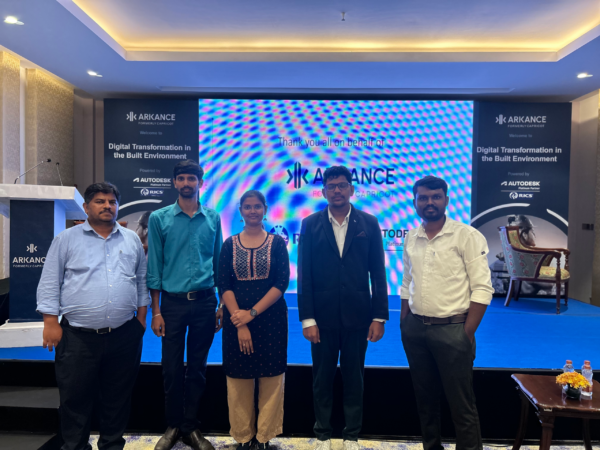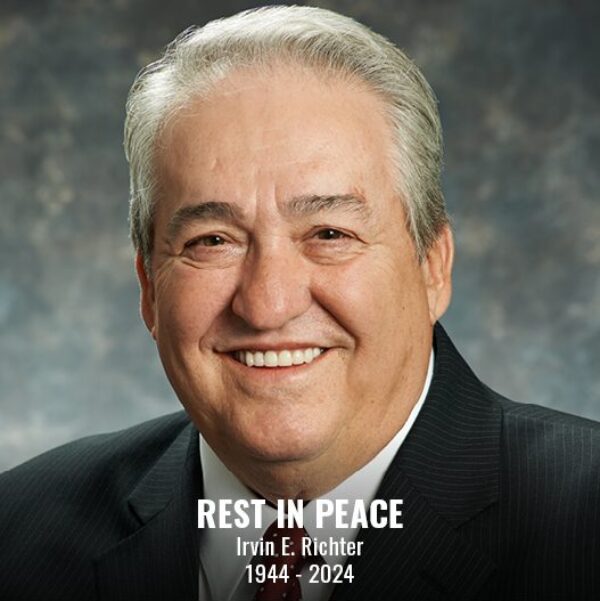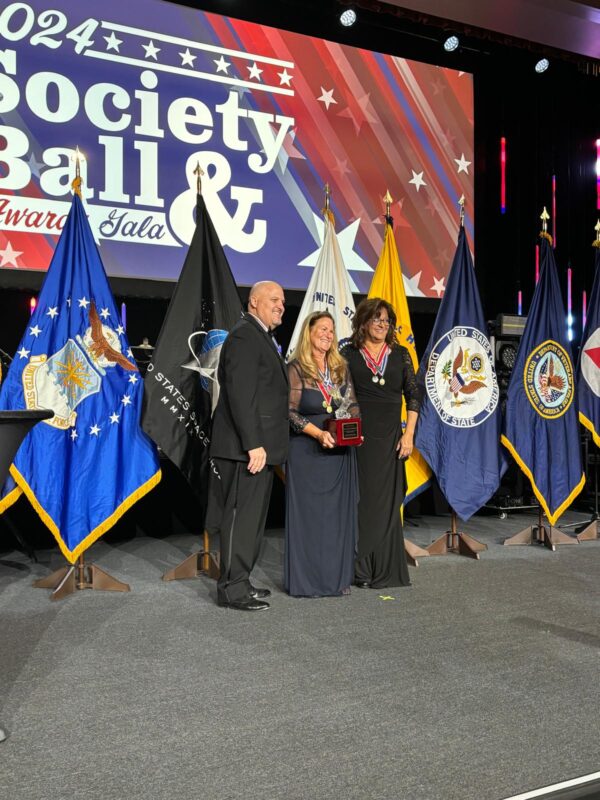
July 15, 2024 | Articles
Construction’s Digital Transformation & The Tools of Modern Project Management

On even a small project, the risk of downtime due to a lack of commissioning can cost ops-driven clients more than $1 million an hour.
“Size definitely doesn’t matter,” Hill International Project Manager Keiva Rodriques, PMP, CCM, said with a slight chuckle. “It’s not how big the project is that matters most with commissioning. What needs to be the focus is how critical is it to the overall success of the project. Far too many clients believe commissioning is needed only for big projects. But the fact is that commissioning can be even more critical on smaller projects.
“For example, there are crucial systems that literally make airports operate properly. We can’t risk an airport losing a million dollars an hour or whatever the exorbitant amount is because we didn’t have commissioning in a contract to make sure the project is finished correctly. That’s just negligent as a consultant.”
Commissioning is the process by which a consultant assures that the systems and components of a facility, building, or plant are tested to ensure they were designed, installed, and operate properly.
Rodriques, who is currently overseeing a library project in Annapolis, MD, an arena in Bowie, MD, and a task order contract at Baltimore/Washington International Thurgood Marshall Airport for the Maryland Aviation Administration, believes it is the consulting community’s role to educate clients on the importance of commissioning, particularly how commissioning can be right-sized to fit different projects.
“Commissioning is scalable and we need to have clients understand that we’re not just trying to up-sell them,” said Rodriques, a 15-year industry veteran. “There are benefits to commissioning and as consultants we need to scale it down and show our clients, so they understand how important it is.
“It’s really our responsibility because there are a lot of clients that don’t understand the totality of commissioning. They have elements of commissioning, understand pieces of it, but don’t have a full grasp and understanding. There are some clients who think commissioning is just a buzzword and don’t realize how important it is and how comprehensive it is.”
While acknowledging that commissioning can be a delicate topic, Rodriques believes it needs to occur.
“It’s a careful discussion to have and they might not understand it at first,” Rodriques said. “It’s almost always a slow conversation but ultimately it will benefit them.
“I would recommend starting with clients you are established with. One of my current clients is comfortable with me, they are comfortable with our firm and they know that we are looking out for them. They know that we are looking out for their best interest.”
Comprehensive commissioning at Hill starts with pre-design, and construction commissioning starts at NTP. While commissioning efforts focus on project turn-over to operations, Hill’s experts insist that the key to a successful project is to create a commissioning culture at project or construction kick-offs. Hill’s approach begins with developing a strong understanding of the owner’s requirements, the design intent, the systems installed, and the project goals. Hill then develops a commissioning plan that integrates this understanding, commissioning communications needed, and manages the commissioning activities between the owners, users, contractors, designers, and other commissioning members. A complete commissioning plan generally includes an outline of testing to be performed with acceptance criteria, commissioning and closeout documentation required, training guidelines, and post-occupancy review and testing. The result is systems that function as intended, from start-up to the end of their life-cycle.
For more information, please contact Keiva Rodriques at [email protected].
Share

July 15, 2024 | Articles
Construction’s Digital Transformation & The Tools of Modern Project Management

July 10, 2024 | Articles
GC/CM at Post Falls: Managing Avista’s North Channel Dam Rehabilitation Project

June 23, 2024 | Articles
Irv Richter – An Innovator, A Pioneer, A Leader (1944 – 2024)

June 14, 2024 | Articles
Environment of Care Standards – Meeting the Challenge (Part Two)

June 13, 2024 | Articles
PMO for Public Transit Project Success: The Reopening of Philadelphia’s Franklin Square Station

June 7, 2024 | Articles

May 17, 2024 | Articles
Hill Interim Federal Market Sector Leader Jane Penny Receives Golden Eagle Award

April 11, 2024 | Articles
A Model Move: Managing Move-In at the Sylvia H. Rambo U.S. Courthouse
We and use cookies and other tracking technologies to improve your experience on our website. We may store and/or access information on a device and process personal data, such as your IP address and browsing data, for personalised advertising and content, advertising and content measurement, audience research and services development. Additionally, we may utilize precise geolocation data and identification through device scanning.
Please note that your consent will be valid across all our subdomains. You can change or withdraw your consent at any time by clicking the “Consent Preferences” button at the bottom of your screen. We respect your choices and are committed to providing you with a transparent and secure browsing experience.
| Cookie | Duration | Description |
|---|---|---|
| cookielawinfo-checbox-analytics | 11 months | This cookie is set by GDPR Cookie Consent plugin. The cookie is used to store the user consent for the cookies in the category "Analytics". |
| cookielawinfo-checbox-functional | 11 months | The cookie is set by GDPR cookie consent to record the user consent for the cookies in the category "Functional". |
| cookielawinfo-checbox-others | 11 months | This cookie is set by GDPR Cookie Consent plugin. The cookie is used to store the user consent for the cookies in the category "Other. |
| cookielawinfo-checkbox-necessary | 11 months | This cookie is set by GDPR Cookie Consent plugin. The cookies is used to store the user consent for the cookies in the category "Necessary". |
| cookielawinfo-checkbox-performance | 11 months | This cookie is set by GDPR Cookie Consent plugin. The cookie is used to store the user consent for the cookies in the category "Performance". |
| viewed_cookie_policy | 11 months | The cookie is set by the GDPR Cookie Consent plugin and is used to store whether or not user has consented to the use of cookies. It does not store any personal data. |


